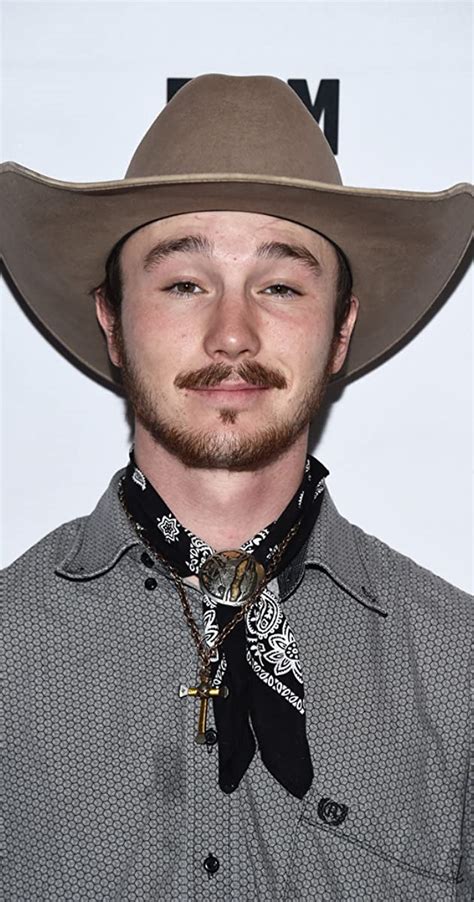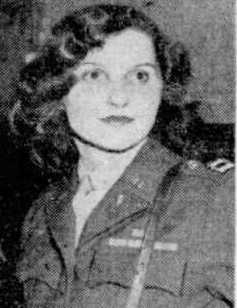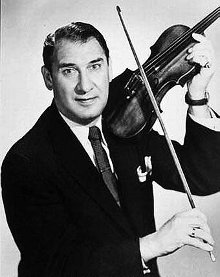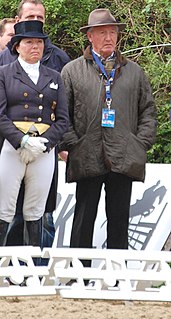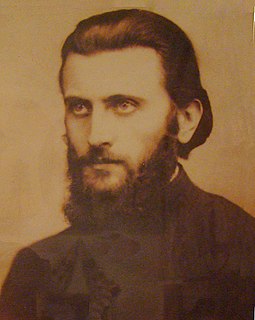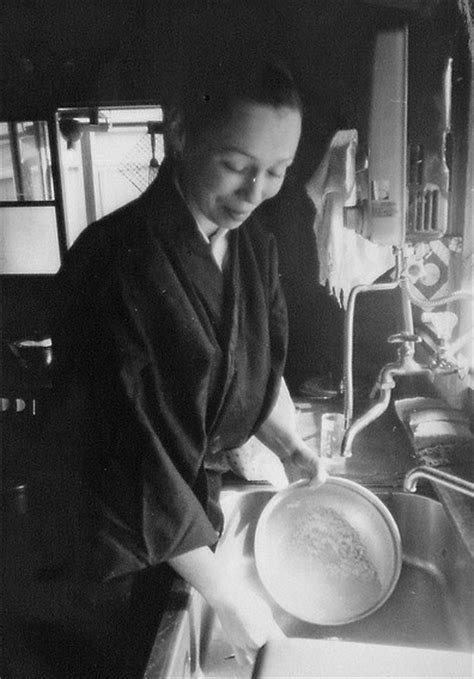A Quote by Nhat Hanh
There is a story in Zen circles about a man and a horse. The horse is galloping quickly, and it appears that the man on the horse is going somewhere important. Another man standing alongside the road, shouts, «Where are you going?» and the first man replies, «I don't know! Ask the horse!» This is also our story. We are riding a horse, and we don't know where we are going and we can't stop. The horse is our habit energy pulling us along, and we are powerless.
Related Quotes
My horse needs to be quiet enough not to draw my attention. You want your horse always aware of you. Be aware of your horse! Fidgeting? Direct that! Think of it as a gift. Do something with that energy; redirect it or it will be a negative. Don't let your horse check-out. A horse wants peace. Trade movement for peace.
We gallop through our lives like circus performers balancing on two speeding side-by-side horses--one foot is on the horse called "fate," the other on the horse called "free will." And the question you have to ask every day is--which horse is which? Which horse do I need to stop worrying about because it's not under my control, and which do I need to steer with concentrated effort?
Horses are consistent and logical. The horse will do what is easiest for him. If you make it easy for him to buck you off, kick you, and run away, that’s just what he’s going to do. And more power to him. But if you make it easy for the horse to be relaxed and calm and accurate — and also have it be a beautiful dance between you and the horse — it won’t be too long before he’ll be hunting for that just as hard as you are. Whatever you make easy for the horse, that’s what he’s going to get good at.
He’s sort of a homeless horse,” I said. “I’m leaving for the airport in two seconds, and I won’t be back for a couple days. You can put the horse in the garage, but I don’t want that horse in my apartment.” “Who would put a horse in an apartment? That’s dumb.” “Where’s the horse staying now?” “My apartment.” “I can always count on you to brighten my day,” Ranger said. And he disconnected.
Some guys make their careers off one horse; kind of a trick horse, a wonder horse. I'm not knocking that, but for me I'm trying to get better and study. That means taking out new horses. It's a life study. When I've finished a horse, I turn him out and basically stop riding him, except taking him to the occasional branding so I can enjoy him.



